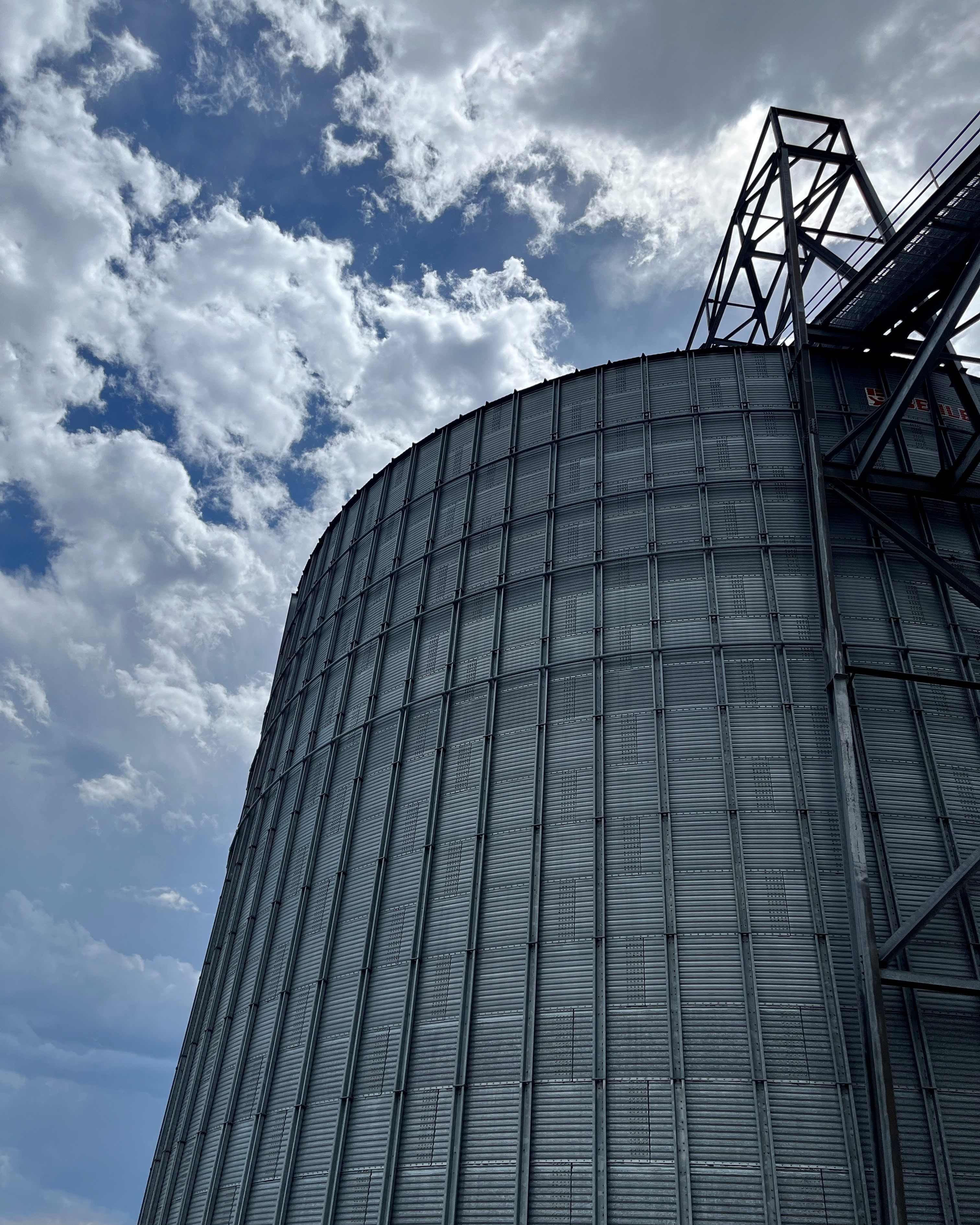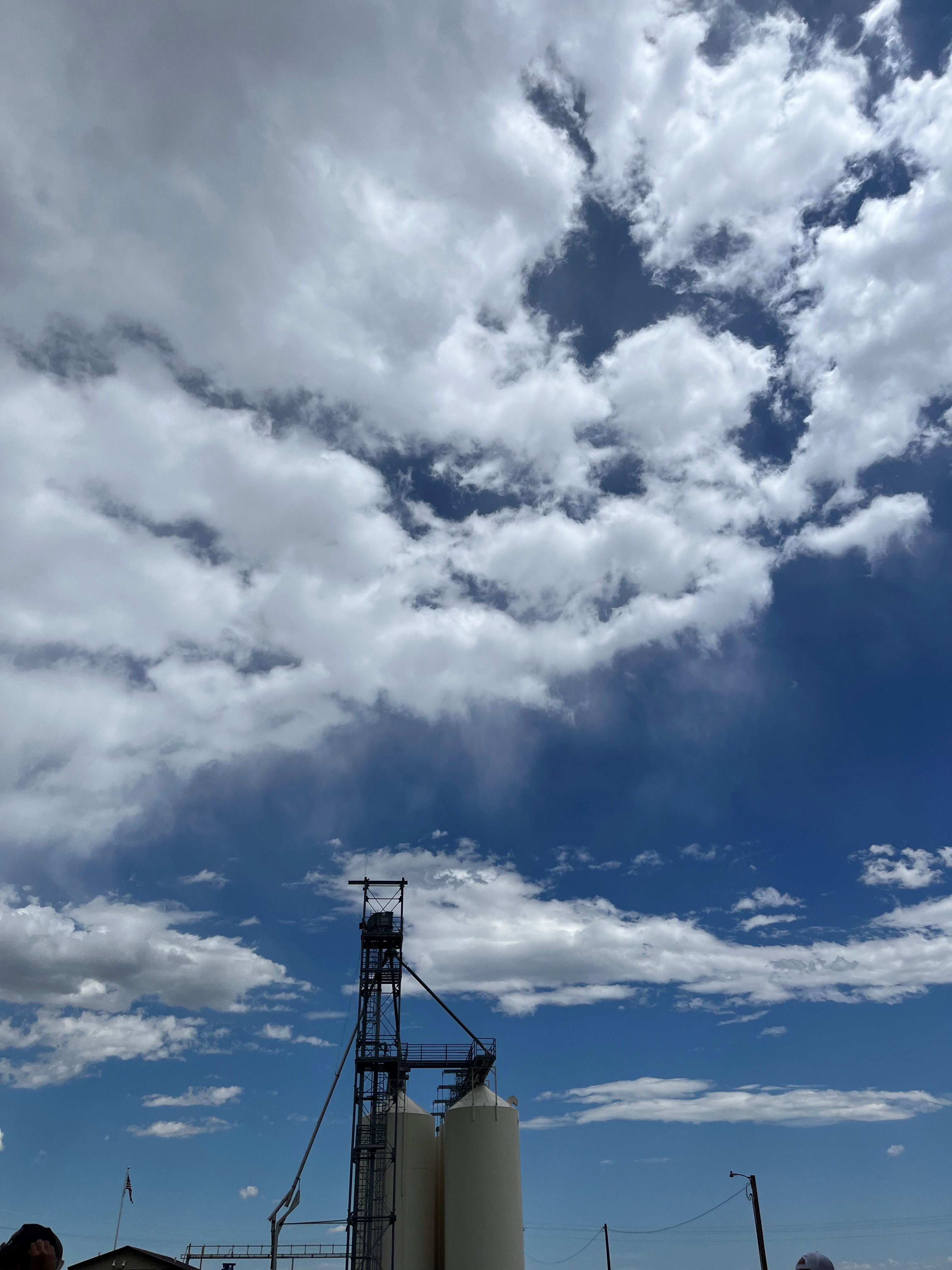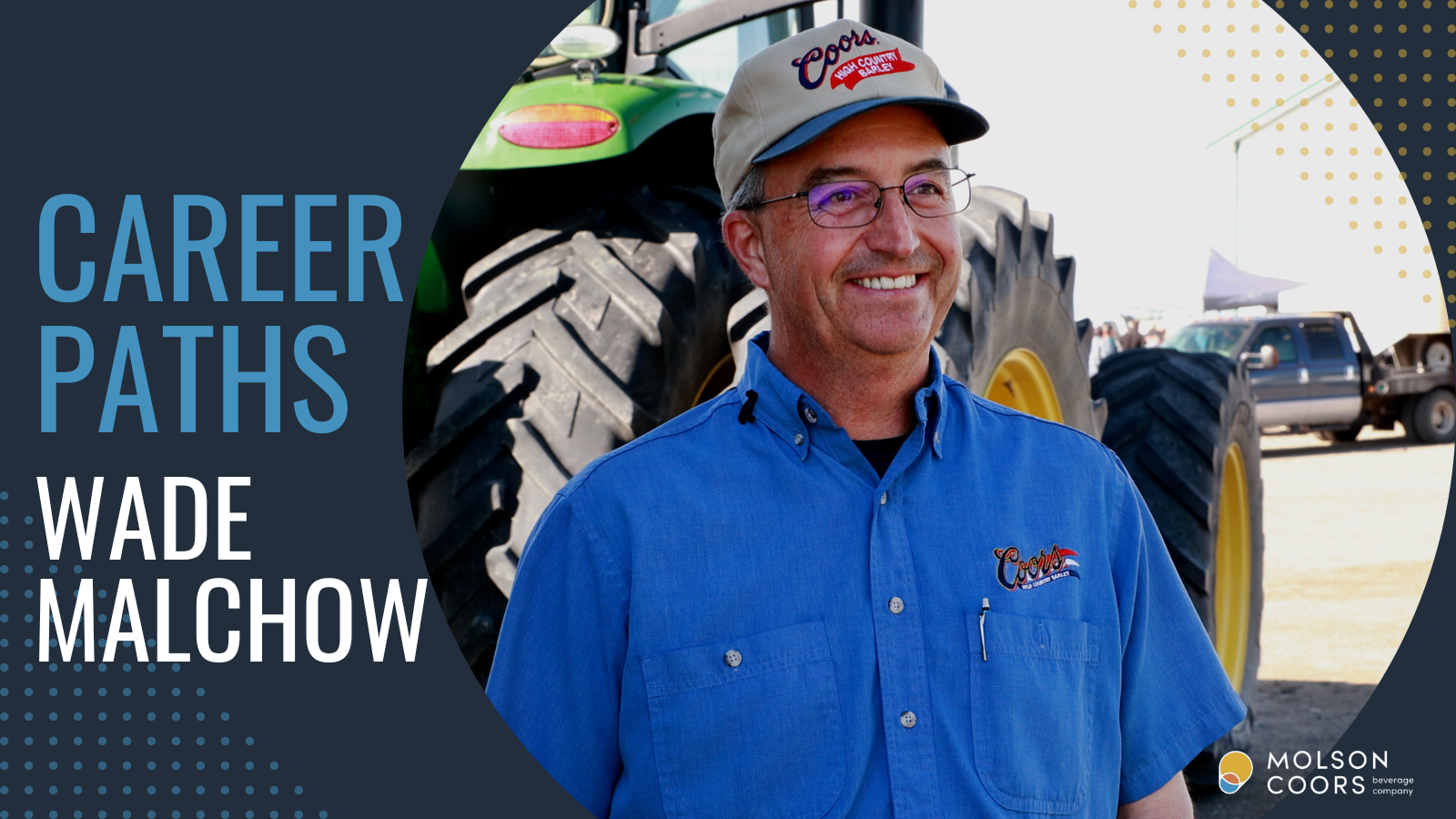HUNTLEY, MONT. – As a dozen or so people stand at the entrance of a cavernous building off a dusty road near Billings, Wade Malchow asks them to look at the floor.
“Notice there’s not a speck of barley around,” he says to the group visiting Molson Coors’ grain storage facility here. The building can store up to 45 million pounds of barley, and it’s true: you’d be hard pressed to find an errant grain of barley. There are two such buildings at this site, in addition to four round silos, each with a capacity of 20 to 25 million pounds.

Malchow quickly cedes the floor to barley elevator supervisor Tim Oblender, who along with elevator specialist Chase Taylor and barley program manager Cody Shick, lead the tour.
Malchow could’ve kept talking. He’s senior manager of Molson Coors’ industry-leading barley program and has been with the company 25 years. He’s a son of barley country. It’s in his blood. Grew up working his grandparents’ crops.
But it’s not about him.
“My job is to manage a great team,” he says. “My job is to help develop great programs…to help growers make decisions…(and) to make sure we have great facilities for our growers to deliver.”
For Malchow, the work is as much about the barley as it is the people – the growers, agronomists and elevator staff – who ensure Molson Coors has a reliable supply of high-quality barley to help guarantee consistency in every glass. He oversees a team of 40, including seven agronomists who tend to about 800 barley growers that work more than 200,000 acres in the prime barley country areas of Montana, Wyoming, Colorado and Idaho.
“This is such a dream job for everybody who gets it,” says Malchow later, as he sips a Coors Banquet, looking out at fields of the same barley that’s used to brew that beer. “There aren’t many jobs like it in the world.”
Malchow’s a Montana boy, growing up in the central part of the state, helping his grandparents raise cattle, wheat and barley. He earned agriculture degrees at Montana State University – including a master’s degree that involved malt barley production. That led to roles in the ag industry and then as an agronomist with Coors in 1999. From there, he worked in brewing materials procurement and other parts of the business before taking over the barley program in 2007.

His passion for and knowledge of barley is evident when talks easily and at length about growing conditions and barley strains, sustainability, new technology and, importantly, the growers themselves. During the company’s recent Barley Days celebration in Montana, a sudden hailstorm battered the barley fields as thick grey clouds gave way to big azure skies. Malchow was worried some growers had lost significant portions of their crop before they could harvest a bushel.
The grower’s losses were difficult this time – tough weather is part of the business. But it’s that passion that extends from Malchow down through his team.
“We hire people that are passionate about two things: agriculture and beer,” he says, standing next to a massive grain combine. “To work in agriculture, to get to work with growers and to work for the world’s best brewer – that’s a dream come true.”
When he’s not touring barley country, he spends time with his wife of nearly 30 years, Meagan. His daughter, Brianne, works in the aerospace industry. And his son, James, is starting college soon at Montana State, where, as a fourth-generation Bobcat, he’ll be studying agribusiness.
After the grain-elevator tour, Malchow joined a few dozen growers and their families at Strecker Farm in Bighorn, 45 miles away. He shakes hands, slaps backs, clinking bottles with old friends and colleagues. Later, he sips a Coors Banquet, looking out at acres of barley that end at the crest of some hills.
He discusses the complexity of the beer business, with its three-tier system, complicated logistics and massive appetite for marketing.
“You know,” he says. “It all starts out here in the barley fields.”

